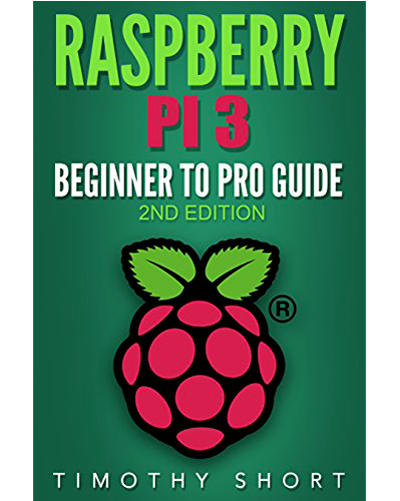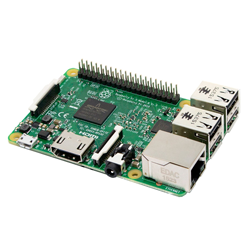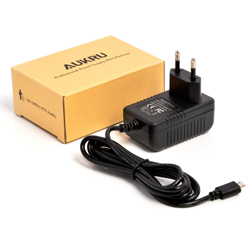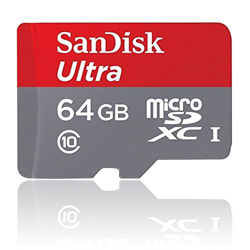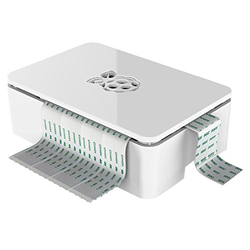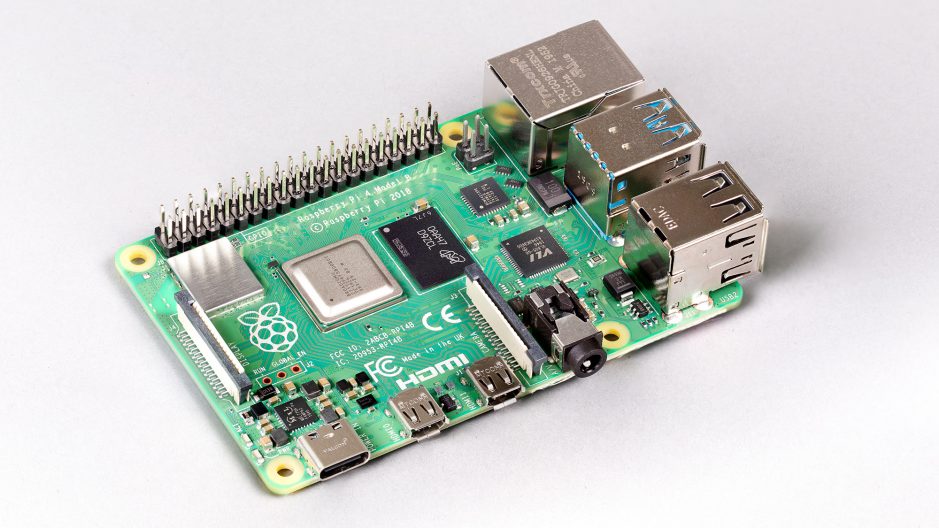
The Raspberry Pi 4 arrives in an 8 GB RAM version!
ⓘ Cet article peut avoir été partiellement ou totalement traduit à l'aide d'outils automatiques. Nous nous excusons des erreurs que cela pourrait engendrer.
The Raspberry Pi Foundation today announced the release of a version with 8 GB of RAM for the Raspberry Pi 4, resulting in the arrival of a 64-bit version for the Raspbian OS, which will also change its name .
This new version is available today from our partner kubii.fr or from Amazon.
See prices at kubii.fr See prices at AmazonAn increase in RAM to 8 GB.
First news therefore, the Raspberry Pi 4 which was currently available in three models with a different amount of RAM (1 GB, 2 GB and 4 GB) will now be available in 4 models, with the arrival of an 8 GB version.
The foundation said the idea has been around for a long time, with the BCM2711 chip at the heart of the Raspberry Pi being able to handle up to 16 GB of RAM (maybe a future version?).
In addition, some modifications have been made to the internal power supply circuit of the Raspberry Pi in order to be able to manage the current peaks of the new RAM. These modifications are purely internal and do not in principle change anything for the user.
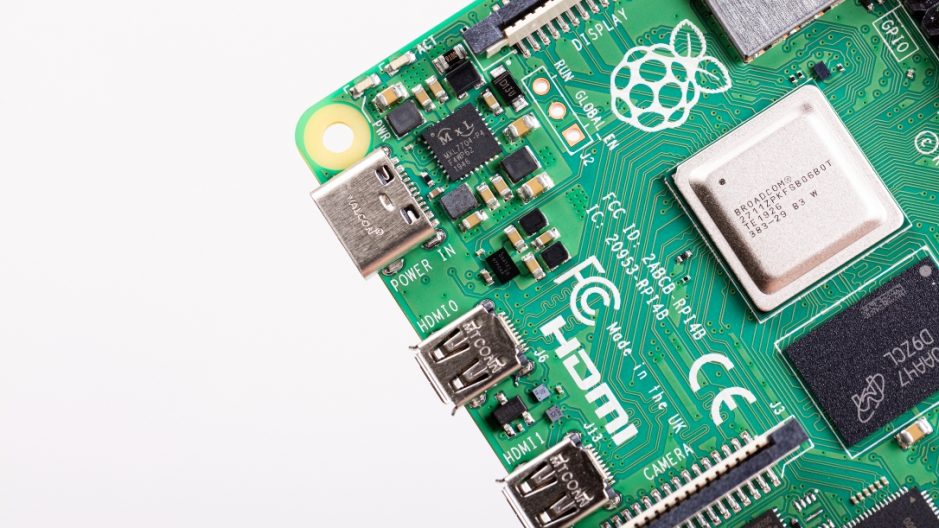
An increased price for the 8 GB version.
Who says more RAM necessarily means a higher price. The foundation has therefore announced that the 8 GB version of the Pi 4 will be marketed at $ 75, which means that we will probably find it around € 80 in France.
Currently, the Raspberry Pi 8 GB is available at kubii.fr and at Amazon.
Concretely, who will it interest you?
From a practical point of view, the processor remaining unchanged the increase in RAM should not particularly increase the raw power of the Raspberry Pi. However, increasing RAM should allow users with high RAM consumption to run more applications at the same time.
This 8 GB version should therefore mainly target two profiles, those who use the Raspberry Pi as a desktop computer, and who will be able, for example, to open more tabs in their browser. And those who use the Raspberry Pi as a web server, or whatever, whose memory consumption can quickly increase with the number of users.
The operating system switches to 64 bits.
Note, the new version of the system is still in beta and may have bugs, it can be found here.
With the arrival of an 8 GB version, changes had to be made to the Raspbian operating system. The main change is the arrival of a 64-bit version of the OS.
the 32-bit version is kept and will be compatible with all versions of the Raspberry Pi, but limits the amount of RAM of a single process to 3 GB. In practice, this is often sufficient, as programs frequently use more than one process, which allows them to use all of the 8 GB.
However, some advanced users may need to use the 8 GB of memory for a single process. This will therefore now be possible with the 64-bit version of Raspbian, which should in principle only be compatible with version 4 (and maybe 3) of the Raspberry Pi.
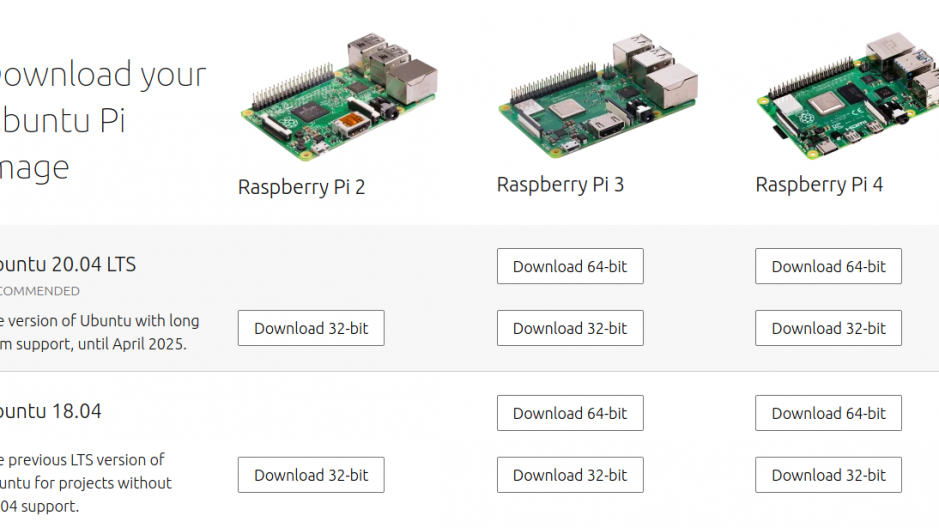
Finally, be aware that if you want to use the 8 GB of RAM of the new Raspberry Pi now, but do not want to use the beta version of Raspbian, you can use Ubuntu, which offers a 64-bit version for the Raspberry Pi since long time !
Finally, the Raspbian system will change its name!
Last news which saddens us a little, the Raspbian operating system will change its name and will now be called Raspberry Pi OS.
The foundation justifies this choice by the desire to make it easier for beginners to find the recommended OS for the Raspberry Pi. This choice therefore seems consistent with the desire to simplify the handling of the Raspberry Pi always put forward by the foundation.
To see if this will not have the opposite effect, creating several names for the same product, which, we must make it clear, has so far always been the case for projects having made a similar choice. .
Those who have followed us for a long time will know, this site started its life under the name "Raspbian France" and it is therefore with a little nostalgia that we see the name "Raspbian" disappear.

